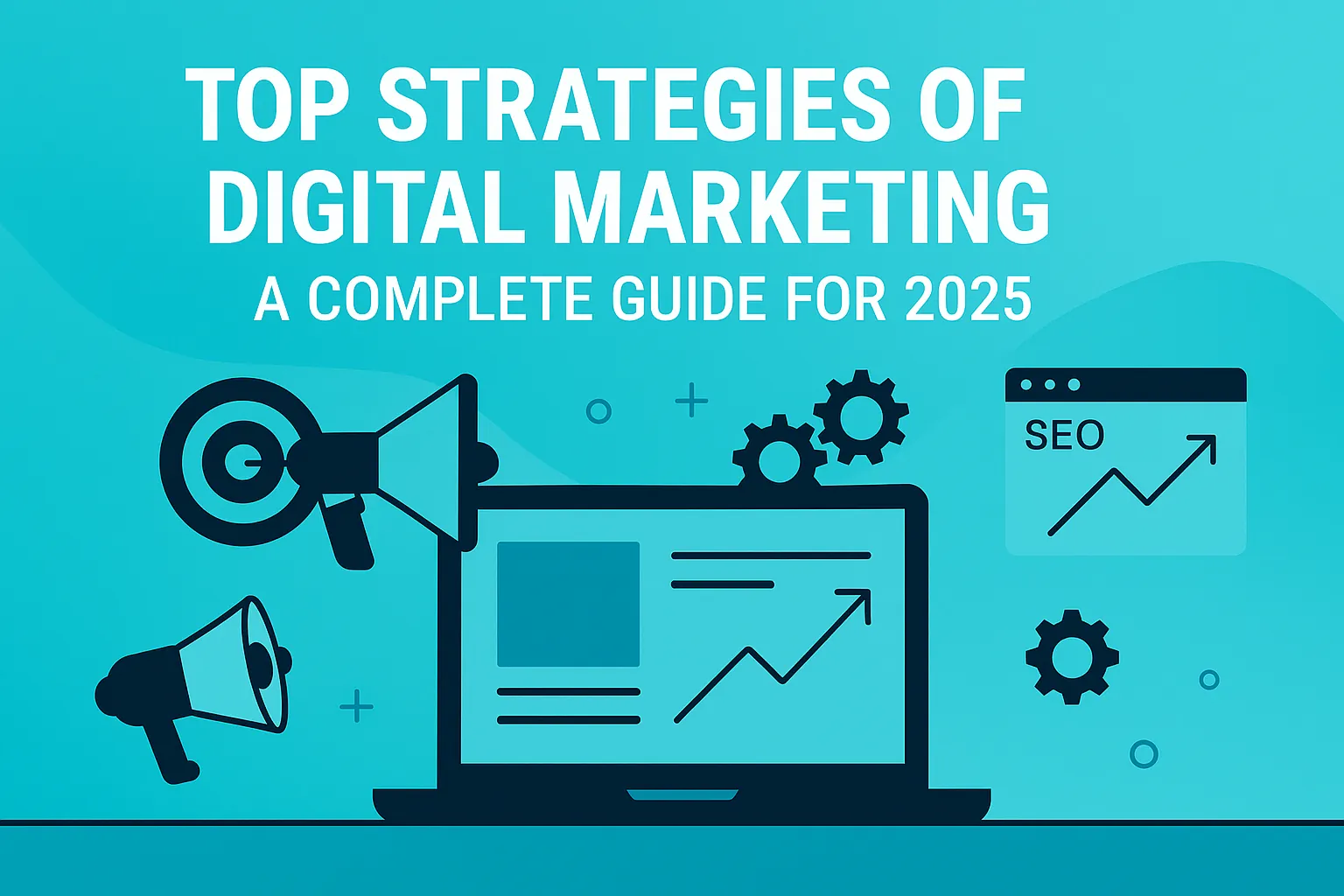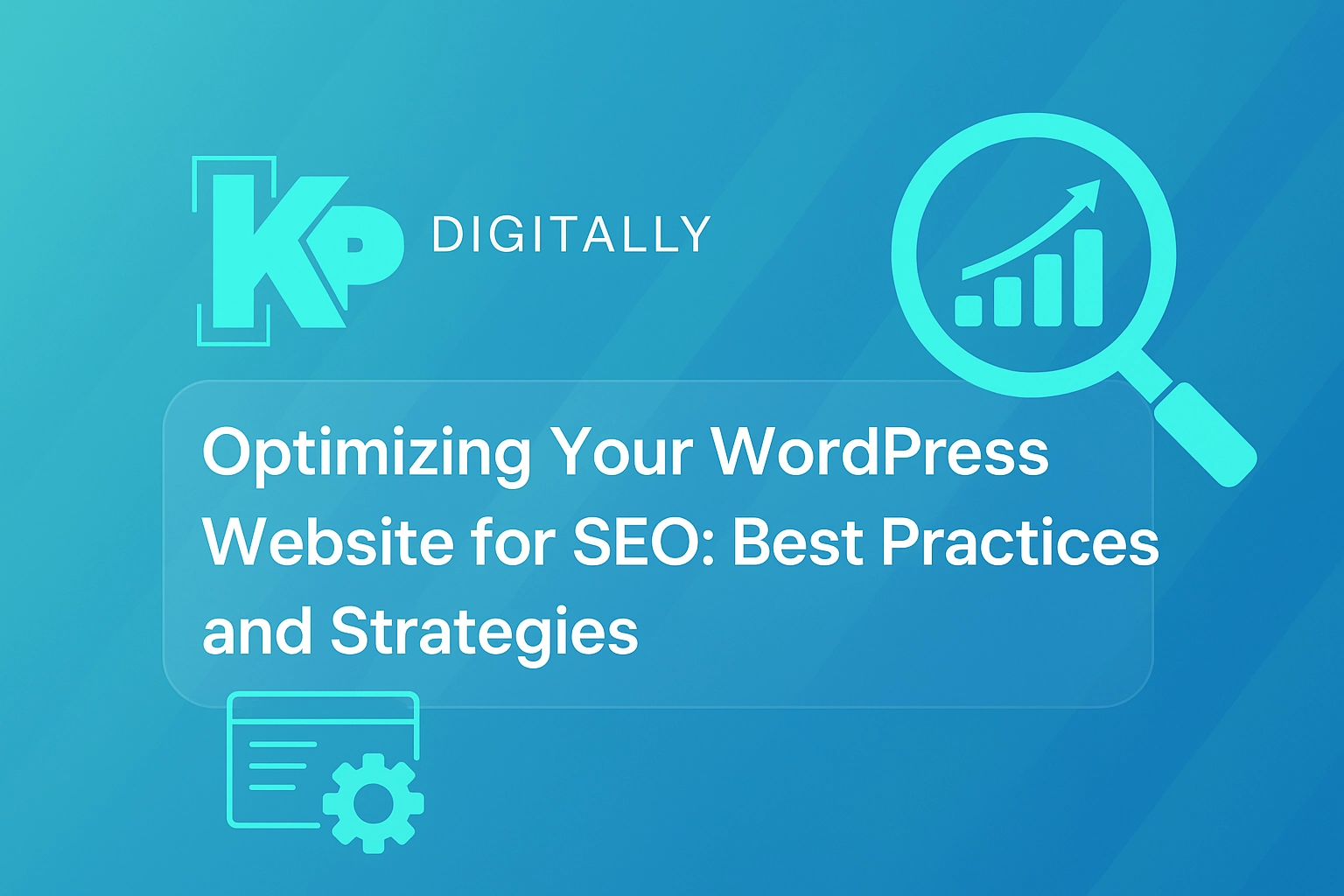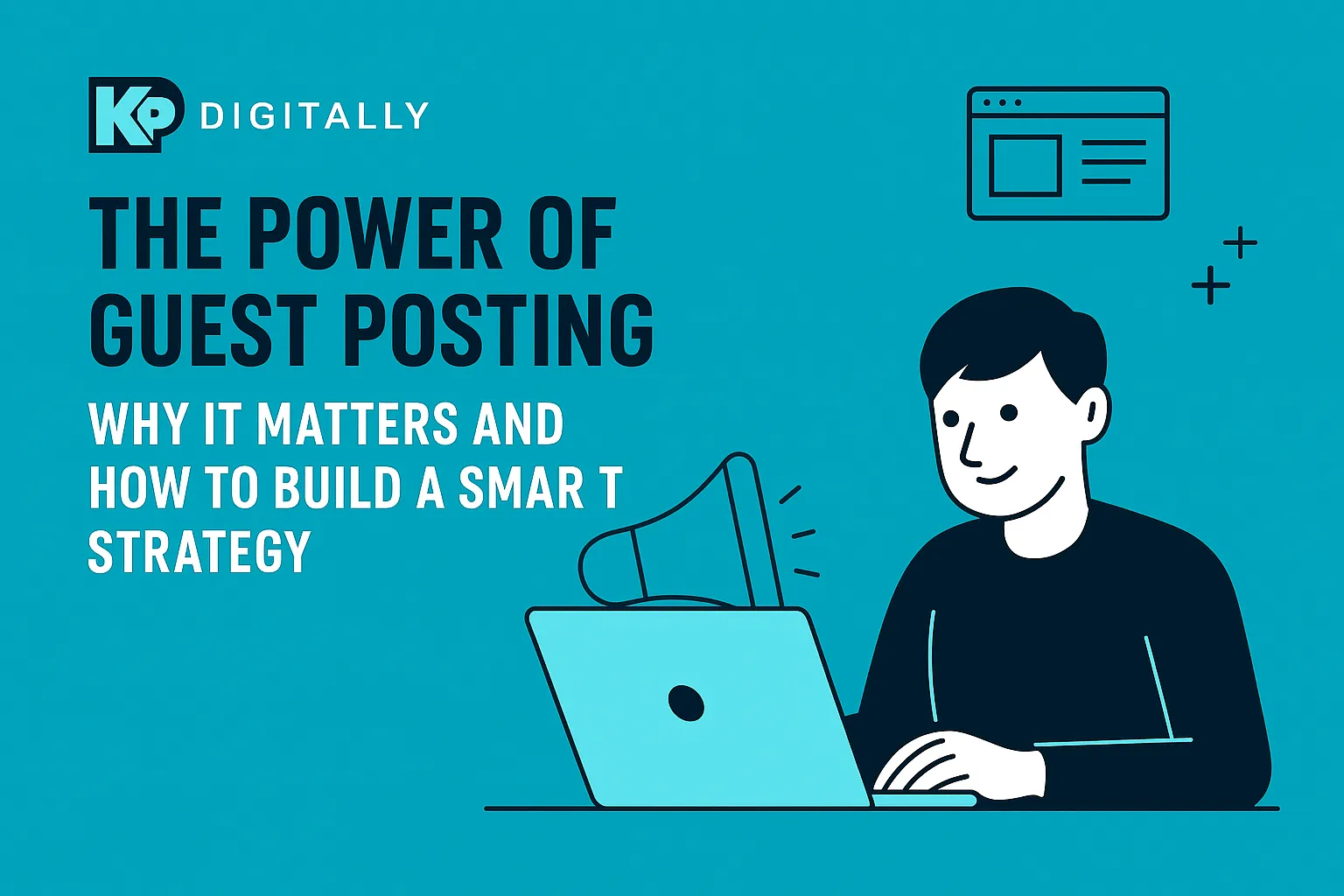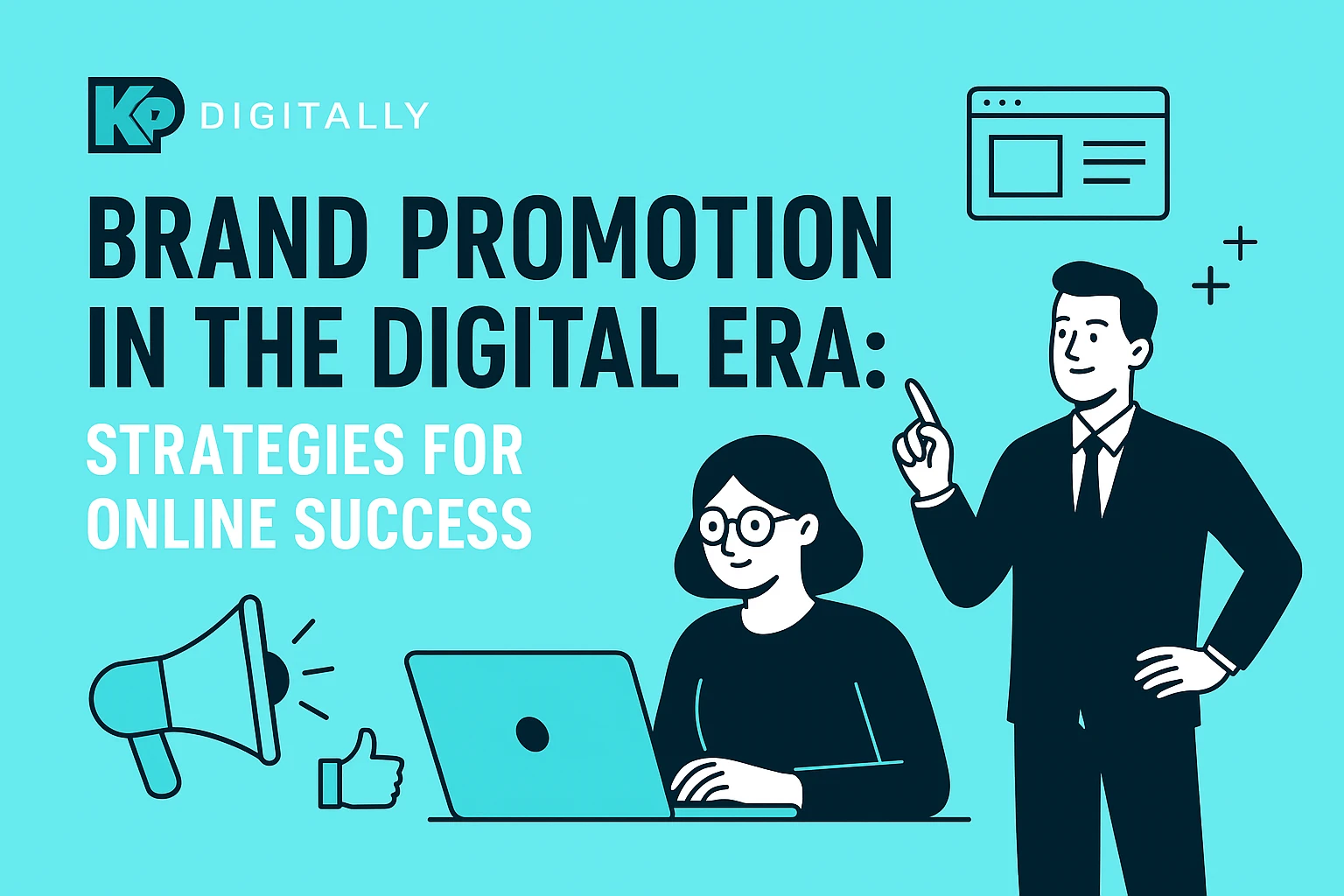Introduction
In today’s rapidly evolving online landscape, mastering the right strategies of digital marketing is essential for businesses and agencies striving to remain competitive. Whether you manage a digital marketing agency or run a growing e-commerce brand, optimizing your strategies for online marketing will determine your reach, reputation, and revenue. This guide provides actionable insights into the latest digital strategy and marketing principles, proven internet strategy marketing methods, and innovative website marketing tactics—all while highlighting best practices for SEO and user experience.
1. Understanding the Foundations of Digital Marketing Strategy
A digital strategy and marketing plan goes beyond simple promotion; it integrates all digital channels and tools to achieve your business goals. The core components include:
- Brand positioning and messaging
- Clear objectives (traffic, leads, sales, authority)
- Audience research and segmentation
- Selection of key digital marketing channels
- Ongoing measurement and optimization
2. Core Strategies of Digital Marketing
2.1 Search Engine Optimization (SEO)
A robust SEO plan remains the backbone of any successful internet strategy marketing approach. Focus on:
- Keyword research (for high-intent and trending terms)
- On-page SEO: title tags, meta descriptions, internal linking, keyword density, and schema markup
- Content quality: in-depth, user-friendly, and up to date
- Technical SEO: site speed, mobile optimization, secure protocols (HTTPS), and crawlability
- Off-page SEO: acquiring authoritative backlinks and leveraging guest posts
2.2 Content Marketing
Content is the bridge that binds your brand and audience. Effective strategy marketing digital efforts include:
- Publishing educational blog posts, guides, and industry reports
- Creating multimedia content: videos, podcasts, infographics
- Utilizing user-generated content and testimonials
- Repurposing content for various platforms for maximum reach
2.3 Pay-Per-Click (PPC) and Paid Media
- Launching targeted ad campaigns on search engines and social media
- A/B testing ad creatives, copy, and landing pages
- Optimizing spending for best ROI
- Leveraging remarketing lists to engage previous visitors
2.4 Social Media Marketing
Social platforms play a significant role in strategies for online marketing:
- Selecting the right platforms for your audience (LinkedIn for B2B, Instagram/TikTok for B2C)
- Developing engaging, story-driven content
- Incorporating short-form videos for higher engagement
- Using social listening tools to adapt your content strategy
2.5 Email Marketing
Email remains a high-ROI channel for nurturing leads and boosting retention:
- Segmenting lists for highly targeted campaigns
- Personalizing content and offers
- Automating drip campaigns and trigger-based emails
3. Advanced Website Marketing Tactics
Effective website marketing tactics are essential for converting visitors into customers:
- Implementing conversion rate optimization (CRO) techniques: clear CTAs, value-driven landing pages, trust signals (reviews, badges)
- Using chatbots to answer visitor questions in real time
- Offering downloadable resources (whitepapers, checklists) to grow your email list
- Continuously testing and refining site features for better UX
- Integrating live chat or AI-powered assistant tools for better engagement
4. Data-Driven Marketing and Personalization
Modern digital strategy and marketing efforts leverage analytics to refine every touchpoint:
- Tracking behavior with Google Analytics, Heatmaps, and CRM tools
- Analyzing user journeys to identify friction points
- Implementing personalization: dynamic website content, personalized recommendations, and retargeting based on user behavior
- A/B and multivariate testing for landing pages and emails
5. Omnichannel and Multichannel Approaches
Ensure your brand has a consistent presence across all key digital channels:
- Synchronize messaging and creative assets across search, social, email, and display
- Use attribution models to understand channel performance and optimize budgets accordingly
- Adopt unified dashboards for comprehensive reporting
6. Latest Trends Influencing Digital Strategy and Marketing
Staying ahead means embracing emerging trends:
- AI-powered tools for content creation, analytics, and campaign optimization
- Voice and visual search optimization for future-ready SEO
- Social commerce integrations for direct purchases through platforms like Instagram and TikTok
- Influencer collaborations for authority and reach
- Greater focus on data privacy, ethical marketing, and compliance with global regulations
7. Affiliate Marketing
This internet strategy marketing method lets partners promote your business and earn commissions for sales.
Why Use It?
- Expands your reach with minimal upfront costs
- Good for product-based or SaaS companies
- Works well alongside content and PPC strategies
8. Marketing Automation
Automation tools streamline repetitive tasks such as email sequences, lead nurturing, and social media scheduling.
Tools to Explore:
- HubSpot
- Mailchimp
- Zoho
- Buffer
9. Conversion Rate Optimization (CRO)
CRO focuses on improving website performance by increasing the percentage of visitors who take a desired action (like signing up or buying), and using a conversion rate optimization platform can make this process more effective.
Key Website Marketing Tactics:
- Use clear CTAs (Call-To-Actions)
- Run A/B testing
- Minimize form fields
- Add testimonials and trust signals
10. Analytics and Performance Tracking
You can’t improve what you don’t measure. Monitoring performance is vital to refining your digital strategy and marketing.
Metrics to Watch:
- Traffic sources
- Bounce rate
- Time on site
- Conversion rates
- ROI
Website Marketing Tactics That Convert
Your website is your digital storefront. Here’s how to make it work harder for you:
- Optimize navigation and mobile experience
- Place contact information and CTA buttons clearly
- Add live chat for real-time assistance
- Use high-quality visuals and customer-centric copy
- Build landing pages for campaigns and offers
By integrating these website marketing tactics, you’ll create a seamless experience that drives conversions and supports your overall strategy marketing digital approach.
Integrating All Digital Channels into One Strategy
Don’t treat each channel in isolation. The best strategies for online marketing connect SEO, social media, email, and paid ads into a cohesive internet strategy marketing framework.
For example:
- Use a blog post to drive SEO traffic
- Share that post via social media
- Promote it using a PPC ad
- Retarget visitors with display ads
- Send an email follow-up with related content
This integrated approach builds consistent touchpoints and trust.
Local SEO: A Must for Regional Growth
If you’re targeting a regional audience, local SEO should be part of your digital strategy and marketing. Especially for agencies like an SEO company in Ahmedabad, optimizing Google Business Profile listings and local citations can boost visibility and lead generation.
Final Thoughts
Implementing these strategies of digital marketing can dramatically improve your brand’s online visibility and customer acquisition. From robust website marketing tactics to multi-channel internet strategy marketing, the key is to stay agile, monitor results, and adapt continuously.
Remember, no one-size-fits-all formula exists. Customize your digital strategy and marketing plan based on your audience, goals, and industry trends.






